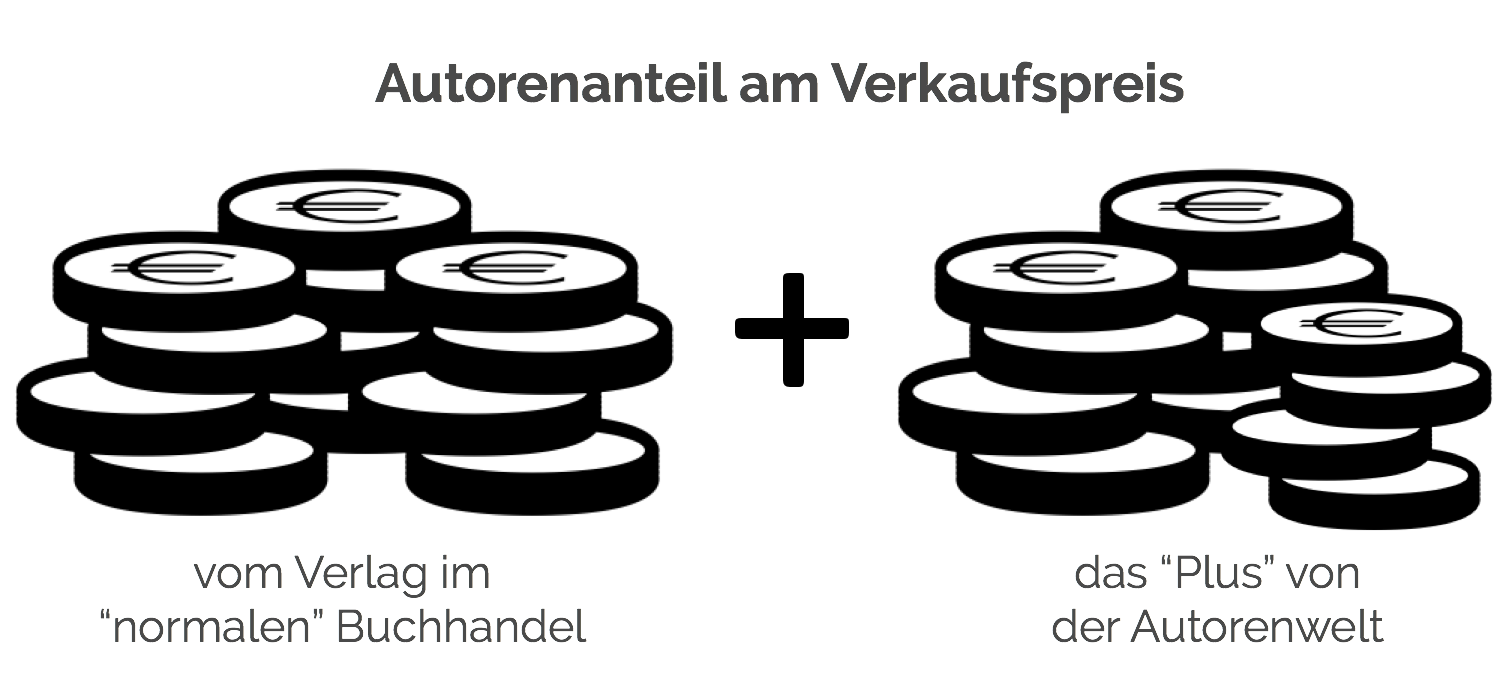
Autorenfreundlich Bücher kaufen?!

Beschreibung
Studienarbeit aus dem Jahr 2016 im Fachbereich BWL - Unternehmensforschung, Operations Research, Note: 5.75, Universität Zürich, Sprache: Deutsch, Abstract: We argue in this paper that priming has an effect on hidden costs of control in a principal-agent relation by influencing the crowding out or crowding in of the agent's non-monetary motivation. This means we expect that the higher or lower intrinsic motivation through the priming has an effect on agents effort compared to the control group. Moreover, we expect higher hidden cost of control in the negative priming treatment, respectively lower in the positive priming treatment since we expect our priming to affect the control aversion of our agents.
If we assume that that people already have a control aversion without priming as shown by Falk and Kosfeld (2006) or by Schmelz and Ziegelmeyer (2015), we expect the increase in the hidden costs of control in the negative priming treatment to be larger than the decrease in the positive priming treatment, because we expect higher consistency of our priming text with their initial beliefs.
Our paper offers a contribution to the literature on incomplete contracts and builds on the results of Falk and Kosfeld (2006), Ziegelmeyer et al. (2012) and Schmelz and Ziegelmeyer (2015) to investigate the robustness of hidden cost of control to design variation. We extend their research by analyzing how intrinsic motivation and control aversion can be influenced by the use of priming.
Furthermore, we extend the literature which analyses whether priming alters individual's decisions when there are monetary incentives. While research is done about priming in economic experiments in a public good game by Drouvelis et al. (2015), in a trust game by Posten et al. (2014) or Al-Ubaydli et al. (2013) or in a bargaining game by Burnham et al. (2000), to give some examples, we extend this field of research by a priming experiment in a principal-agent game.
Summarized our study is able to replicate the results of Falk and Kosfeld (2006) in a small sized internet experiment and are additionally in line with the results of Schmelz and Ziegelmeyer (2015). Our results show hidden costs of control in an abstract internet setting. We find that agents can be intrinsically motivated and that control is crowding-out intrinsic motivation. Moreover, agents show aversion to control. Since agents show heterogeneity, these results only account for some types of agents. Furthermore, we show that principals anticipated the agents¿ behavior and acted rationally given their beliefs.
A Small Size Internet Study
Details
| Verlag | GRIN Verlag |
| Ersterscheinung | März 2017 |
| Maße | 21 cm x 14.8 cm x 0.4 cm |
| Gewicht | 84 Gramm |
| Format | Softcover |
| ISBN-13 | 9783668410831 |
| Auflage | 1. Auflage |
| Seiten | 48 |